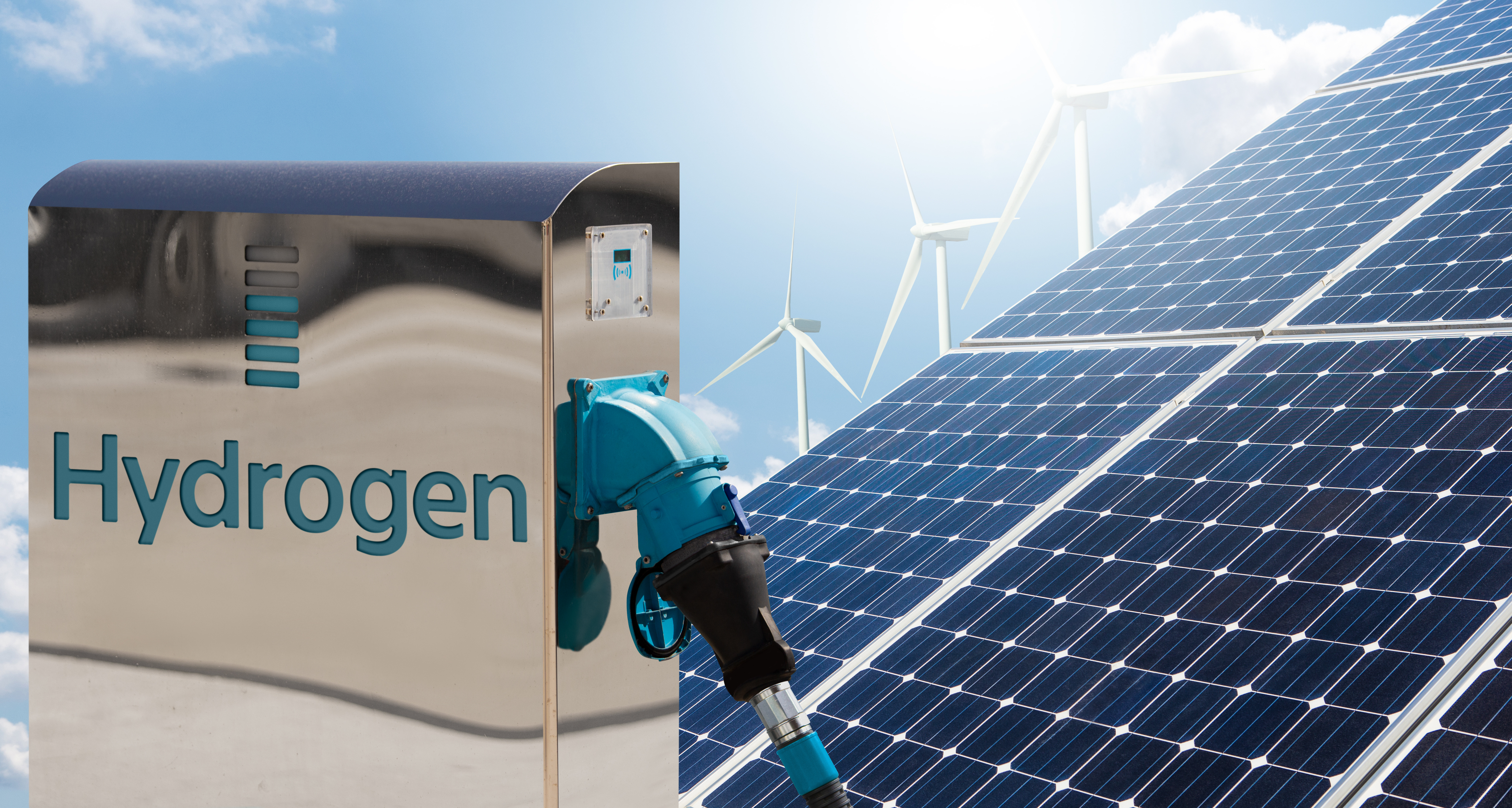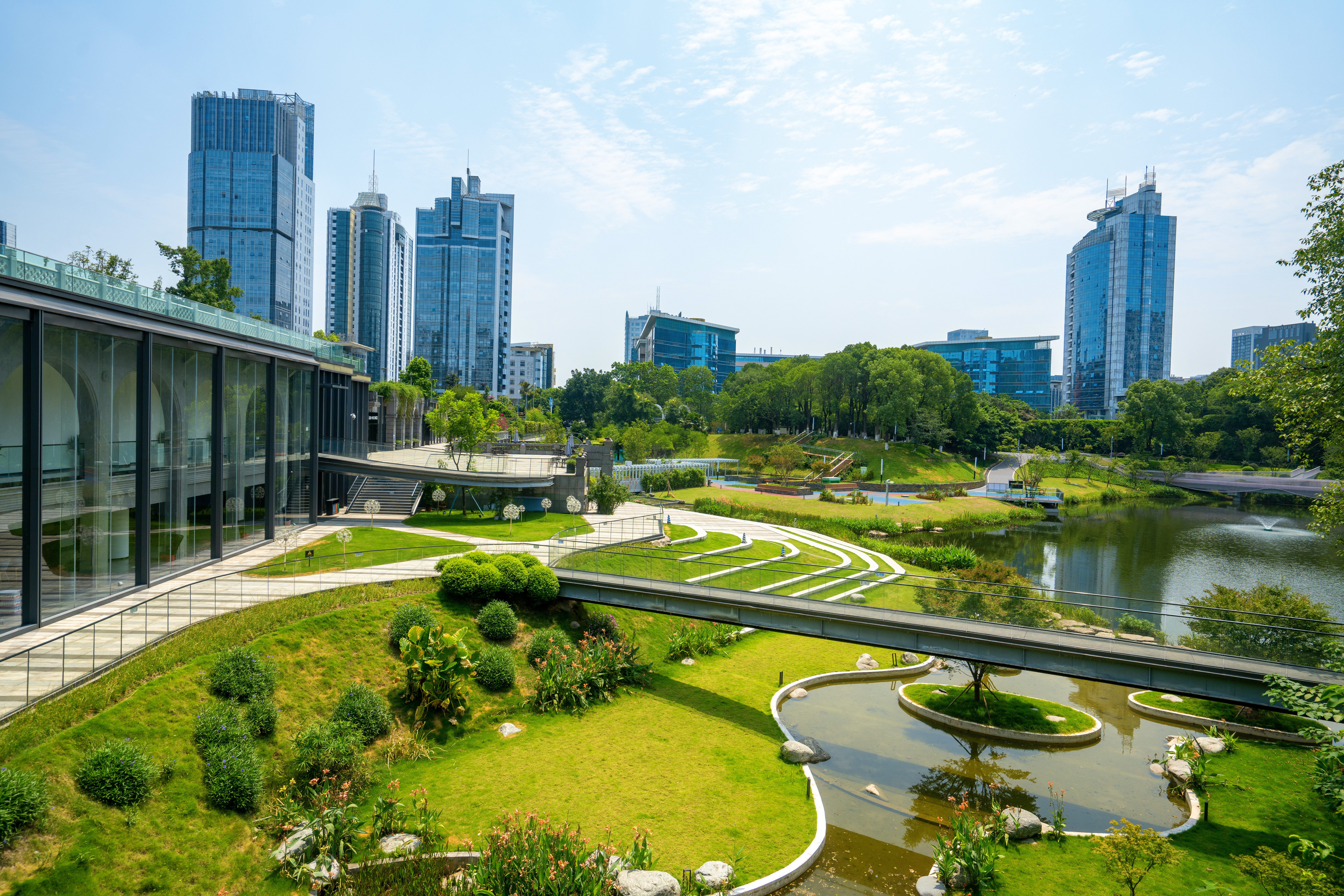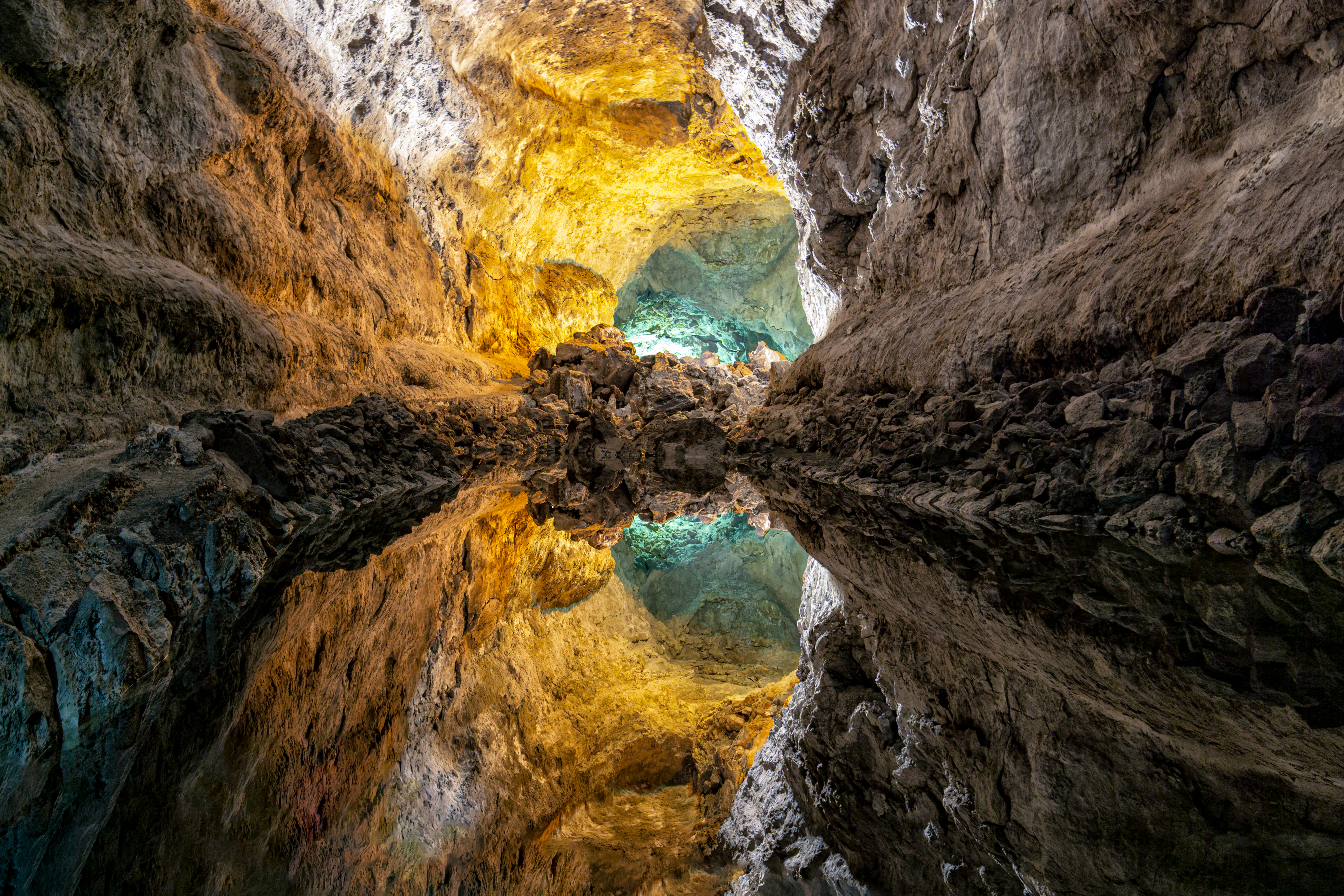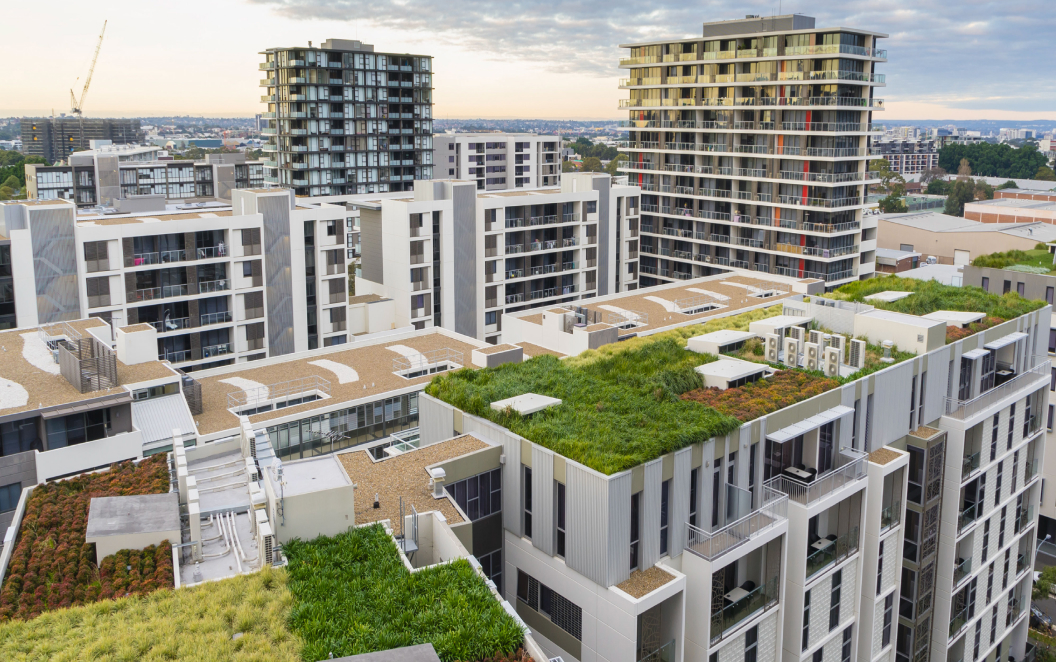
Los desafíos del agua
El agua está en el epicentro del desarrollo sostenible y es fundamental para el desarrollo socioeconómico, la energía, la producción de alimentos, los ecosistemas y para la supervivencia de los seres humanos. El agua también forma parte crucial de la adaptación al cambio climático, y es un decisivo vínculo entre la sociedad y el medioambiente.
El agua es, además, una cuestión de derechos. A medida que crece la población mundial se genera una necesidad creciente de conciliar la competencia entre las demandas comerciales de los recursos hídricos para que las comunidades tengan lo suficiente para satisfacer sus necesidades. Merece la pena destacar que las mujeres y las niñas deben tener acceso a instalaciones de saneamiento limpias que respeten su privacidad para cuidar de su menstruación y para que tengan una maternidad digna y segura.
El desarrollo del ser humano requiere que el agua y los sistemas de saneamiento se lleven a cabo de forma separada. Ambos son vitales para reducir el número de enfermedades y para mejorar la salud, la educación y la productividad económica de las poblaciones.
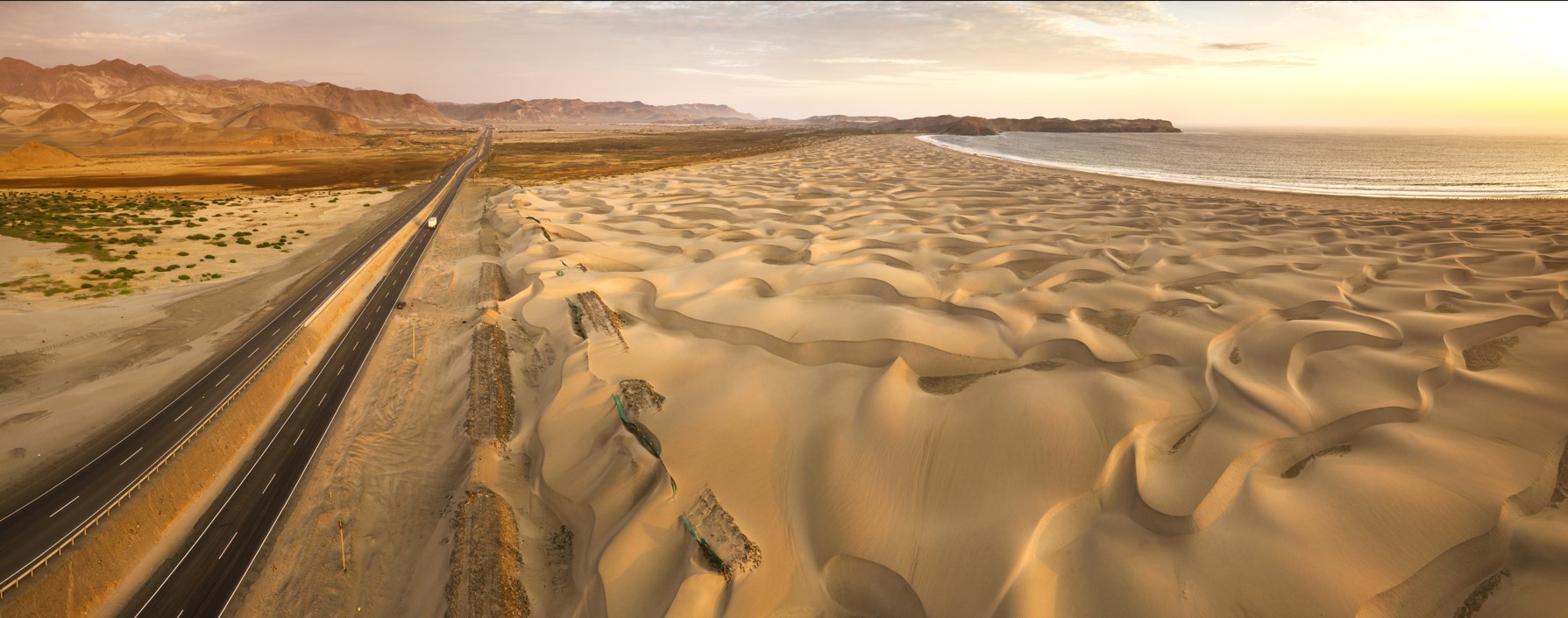
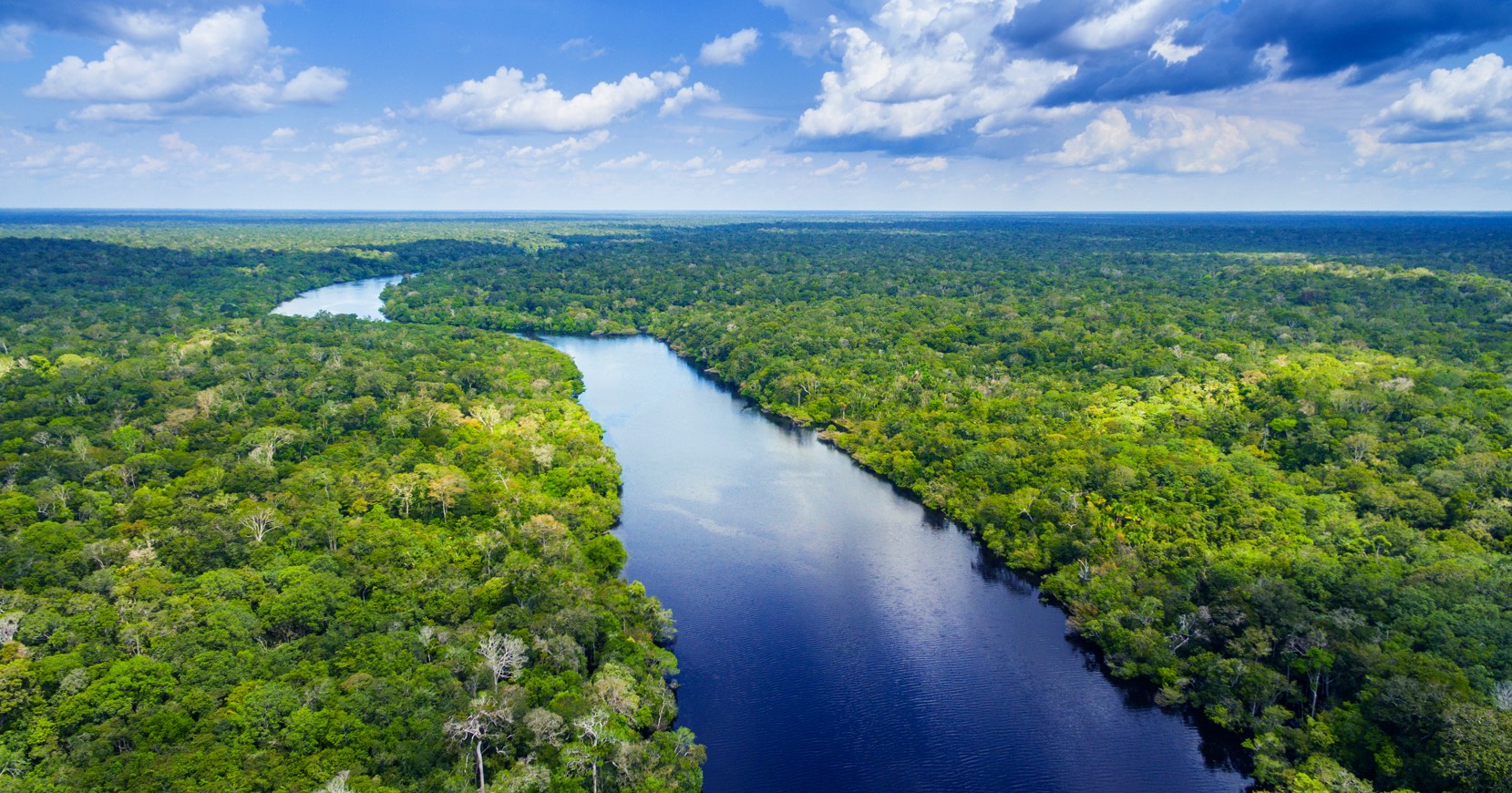
Los desafíos del agua
2 200 millones de personas carecen de acceso a servicios de agua potable gestionados de forma segura. (OMS/UNICEF 2019).
Casi 2 000 millones de personas dependen de centros de atención de la salud que carecen de servicios básicos de agua (OMS/UNICEF 2020).
Más de la mitad de la población – 4 200 millones de personas - carecen de servicios de saneamiento gestionados de forma segura (WHO/UNICEF 2019).
297 000 niños menores de cinco años mueren cada año debido a enfermedades diarreicas causadas por las malas condiciones sanitarias o agua no potable (OMS/UNICEF 2019).
2 000 millones de personas viven en países que sufren escasez de agua (UN 2019).
El 90% de los desastres naturales están relacionados con el agua (UNISDR).
El 80% de las aguas residuales retornan al ecosistema sin ser tratadas o reutilizadas (UNESCO, 2017).
Alrededor de dos tercios de los ríos transfronterizos del mundo no tienen un marco de gestión cooperativa (SIWI).
La agricultura representa el 70% de la extracción mundial de agua (FAO).
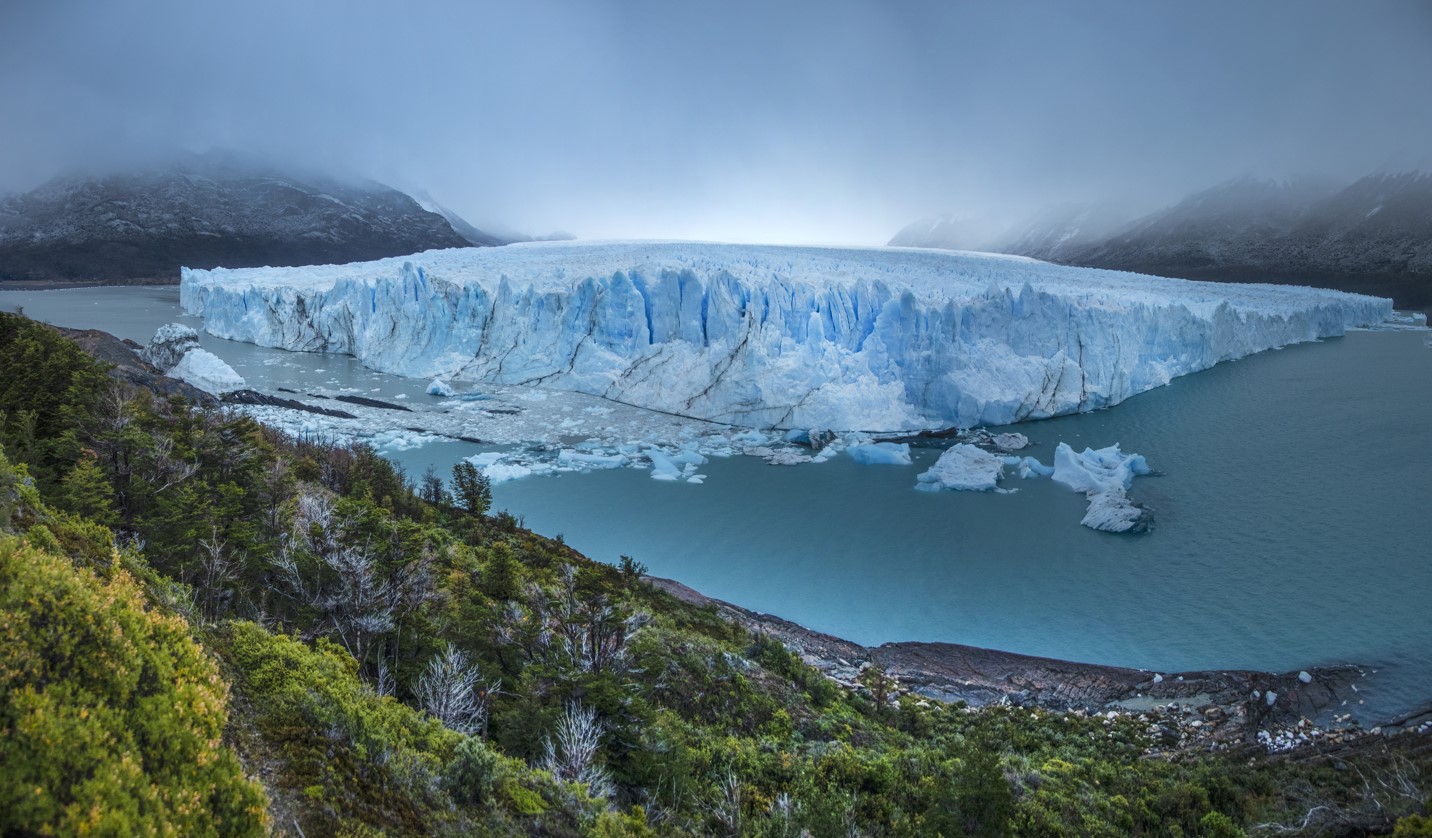
Uno de los hitos recientes más importantes ha sido el reconocimiento por parte de la Asamblea General de las Naciones Unidas del derecho humano al agua y al saneamiento en julio de 2010. La Asamblea reconoció el derecho de todos los seres humanos a tener acceso a una cantidad de agua suficiente para el uso doméstico y personal (entre 50 y 100 litros de agua por persona y día), segura, aceptable y asequible (el coste del agua no debería superar el 3% de los ingresos del hogar), y accesible físicamente (la fuente debe estar a menos de 1.000 metros del hogar y su recogida no debería superar los 30 minutos).
El agua y los Objetivos de Desarrollo Sostenible
El Objetivo de Desarrollo Sostenible (ODS) 6 trata de «garantizar la disponibilidad de agua y su gestión sostenible y el saneamiento para todos». Las metas de este objetivo cubren tanto los aspectos del ciclo del agua como los sistemas de saneamiento. Dado que el agua es un elemento crucial en muchas esferas de la vida humana, la consecución de este objetivo contribuirá al progreso de otros ODS, principalmente los relacionados con la salud, la educación, el crecimiento económico y el medio ambiente.
La ONU y el agua
Las Naciones Unidas llevan mucho tiempo abordando una crisis mundial de insuficiente abastecimiento de agua y de creciente demanda para satisfacer las necesidades humanas, comerciales y agrícolas.
La Conferencia de las Naciones Unidas sobre el Agua (1977), el Decenio Internacional del Agua Potable y del Saneamiento Ambiental (1981-1990), la Conferencia internacional sobre el agua y el medio ambiente (1992) y la Cumbre para la Tierra (1992) — se centraron en este vital recurso. En concreto, el Decenio ayudó a unos 1.300 millones de personas de países en desarrollo a conseguir acceso a agua potable.
El Decenio Internacional de Acción 'Agua para la Vida' 2005-2015 contribuyó a que alrededor de 1,3 billones de personas en los países en desarrollo obtuvieran acceso al agua potable e impulsó el progreso en materia de saneamiento como parte del esfuerzo por alcanzar los Objetivos de Desarrollo del Milenio.
Los últimos acuerdos clave incluyen la Agenda 2030 para el Desarrollo Sostenible, el Marco de Sendái para la Reducción del Riesgo de Desastres 2015-2030, la Agenda de Acción de Addis Abeba 2015 sobre la Financiación para el Desarrollo, y el Acuerdo de París 2015 dentro del Marco de la Convención de las Naciones Unidas sobre el Cambio Climático.
Agua, saneamiento e higiene
Las aguas contaminadas y la falta de saneamiento básico obstaculizan la erradicación de la pobreza extrema y de las enfermedades en los países más pobres.
En 2017, 2.000 millones de personas no disponían de instalaciones básicas de saneamiento como baños o letrinas; además, 673 millones de personas aún practicaban la defecación al aire libre. Según el Programa Conjunto OMS/UNICEF de Monitoreo del Abastecimiento de Agua y del Saneamiento, al menos 2 000 millones de personas en todo el mundo beben agua que puede estar expuesta a la contaminación de las heces. Un número aún mayor consume agua que se distribuye a través de sistemas vulnerables a otros tipos de contaminación.
Agua no potable y mortalidad infantil
El agua no potable y el saneamiento deficiente son las principales causas de mortalidad infantil. La diarrea infantil -asociada a la escasez de agua, saneamientos inadecuados, aguas contaminadas con agente patógenos de enfermedades infecciosas y falta de higiene- causa la muerte a 1,5 millones de niños al año. La mayoría de ellos menores de cinco años en países en desarrollo.
Saneamientos mejorados y beneficios económicos
La relación entre la falta de agua y saneamiento y los objetivos de desarrollo es obvia. Además, solucionar este problema no es solo una obligación, si no que puede ser rentable. Un estudio de la Organización Mundial de la Salud (OMS) muestra que cada dólar invertido se traduce en un beneficio económico de US$5,5. Ese retorno en la inversión beneficia sobre todo a niños pobres y a las comunidades desfavorecidas que más lo necesitan.
Celebrando los recursos hídricos
Cada año, se celebran dos días internacionales de la ONU sobre agua y saneamiento: el Día Mundial del Agua (22 de marzo), y el Día Mundial del Retrete (19 de noviembre). Ambas celebraciones van acompañadas de una campaña pública que trata de crear conciencia sobre los problemas del agua, centrándose en un tema particular y tratando de inspirar actuaciones.
El Decenio Internacional para la Acción, Agua para el Desarrollo Sostenible, comenzó en el Día Mundial del Agua (22 de marzo de 2018), y terminará en el Día Mundial del Agua (22 de marzo de 2028).
Este Decenio trata de acelerar los esfuerzos para enfrentarse a los desafíos relacionados con el agua. Algunos de estos retos son el acceso al agua potable y al saneamiento; la presión sobre los recursos hídricos y los ecosistemas; y el creciente riesgo de sequías e inundaciones.
Recursos:
ONU Agua
Progresos en materia de agua potable, saneamiento e higiene
Día Mundial del Agua
Día Mundial del Retrete


